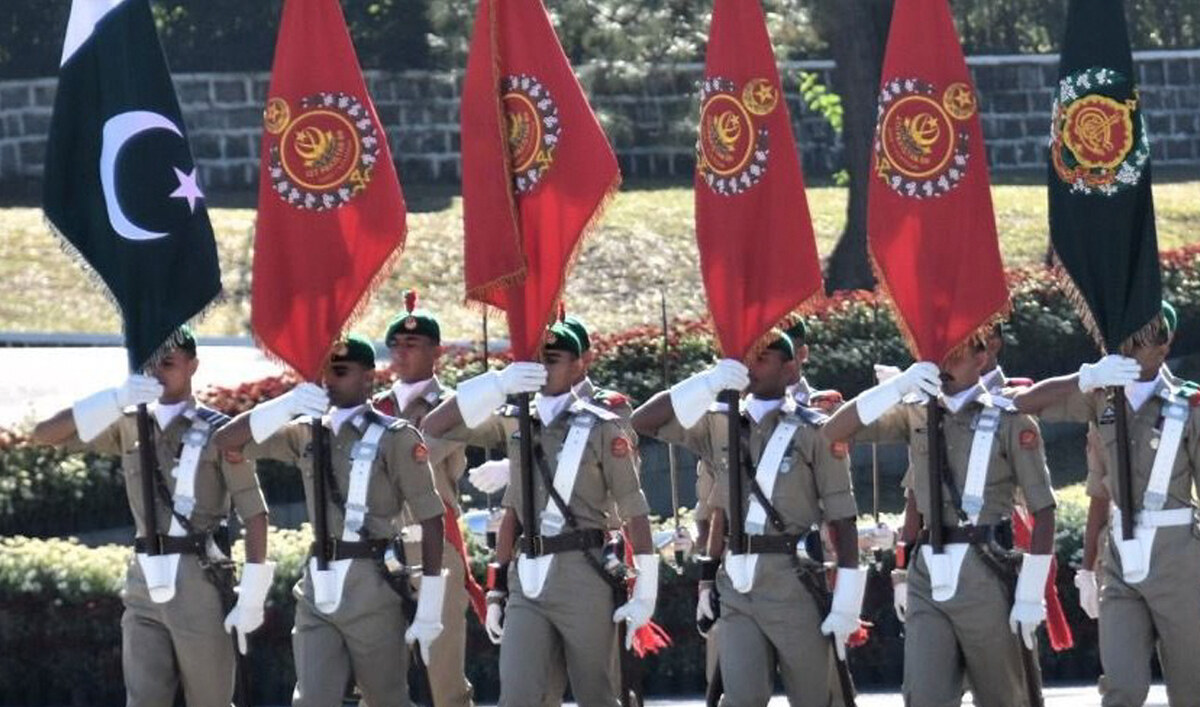ISLAMABAD: A delegation of a key coalition partner has met Prime Minister Shehbaz Sharif in Islamabad, Sharif’s office said on Saturday, as the ruling coalition intensified its efforts to get a contentious constitutional amendment package approved by parliament.
Sharif’s administration has been attempting to introduce a set of constitutional changes since last month, which the country’s opposition and prominent lawyers argue are aimed at granting more power to the executive in making judicial appointments.
The proposed amendments initially suggested establishing a federal constitutional court, raising the retirement age of superior judges by three years and modifying the process for appointing the chief justice of the Supreme Court of Pakistan.
On Saturday, Bilawal Bhutto-Zardari, chairman of the Pakistan Peoples Party (PPP) that supports Sharif’s government, led a delegation of the PPP members to a meeting with the prime minister.
“Peoples Party delegation meets with the prime minister,” Sharif’s office said in a statement. “Discussions and consultation on the current political situation took place at the meeting.”
The development came a day after Bhutto-Zardari expressed optimism that the constitutional amendments would soon be adopted as political parties were close to reaching a consensus to secure the required majority.
However, Gohar Khan, chairman of Imran Khan-led Pakistan Tehreek-e-Insaf (PTI) opposition party, said a fourth draft of the constitutional amendments, containing 26 points, was shared with his party on Friday, adding that the PTI was still deliberating on it.
The PTI has previously said the amendments are intended to grant an extension to Chief Justice Qazi Faez Isa, who is widely thought to be aligned with the government and opposed to its chief rival, ex-PM Khan, though the ruling administration denied the allegation.
Different political parties prepared various drafts of the constitutional amendments during several rounds of negotiations before announcing their agreement on the proposed judicial reforms and submitting it to a parliamentary committee, comprising government and opposition politicians, on Friday.
“The special parliamentary committee has unanimously approved the draft of the 26th Constitutional Amendment today, Friday,” Syed Khursheed Shah, the committee chairman from the PPP, told the media on Friday.
“It will now be presented to the cabinet for approval before being submitted to both houses of parliament.”
Khan’s PTI said its leadership was due to meet their leader today, Saturday, who has been imprisoned in a high-security jail for over a year on multiple charges. The PTI had also given a nationwide protest call for Friday against the constitutional amendments, though its supporters only came out in small numbers in various Pakistani cities.
Key ally meets Pakistan PM as efforts to pass contentious constitutional amendments gain pace
https://arab.news/ybh5p
Key ally meets Pakistan PM as efforts to pass contentious constitutional amendments gain pace

- PM Shehbaz Sharif’s administration has been attempting to introduce a set of constitutional changes since last month
- Opposition and prominent lawyers argue the amendments aim to grant more power to the executive in judicial appointments

















